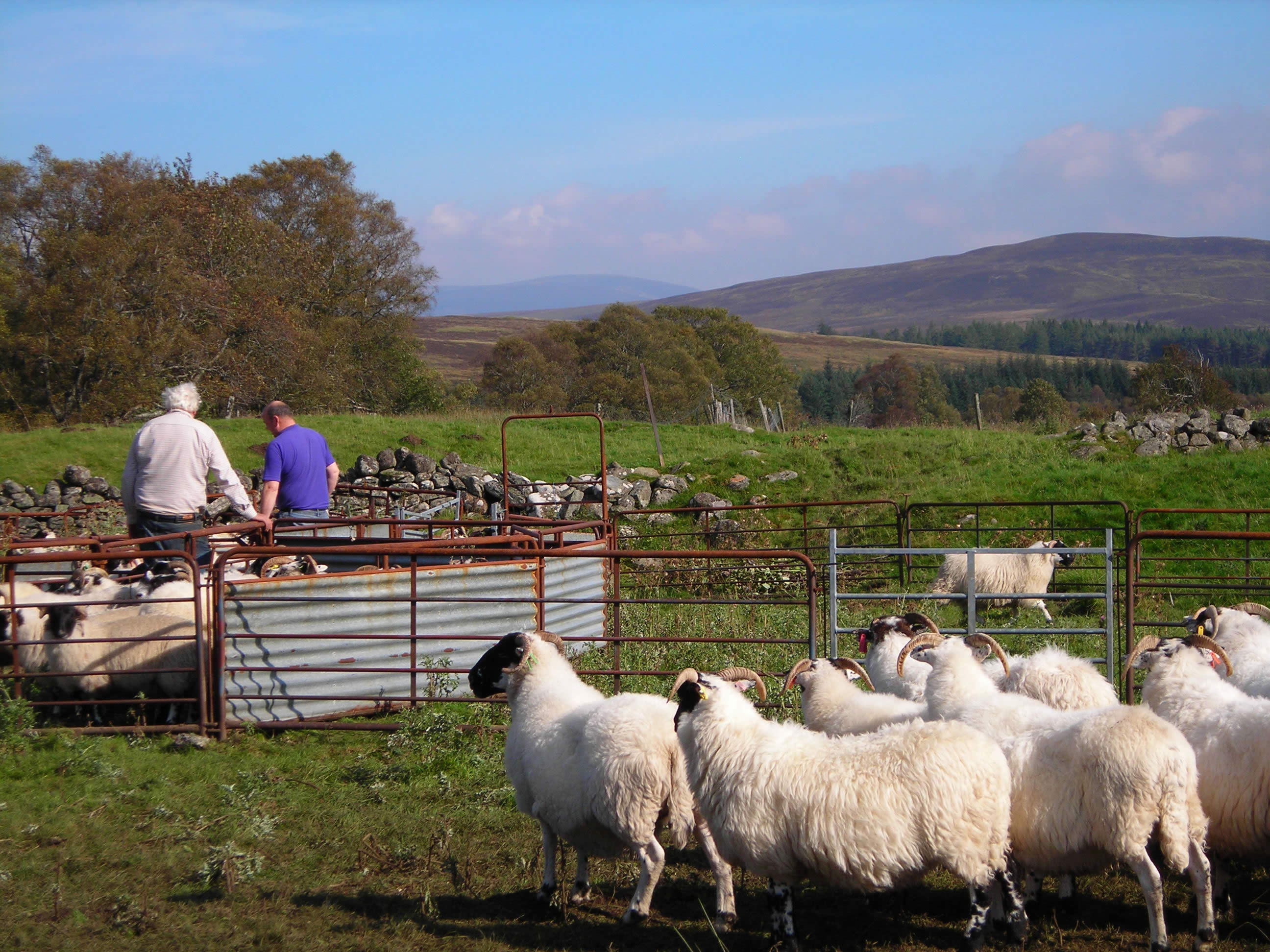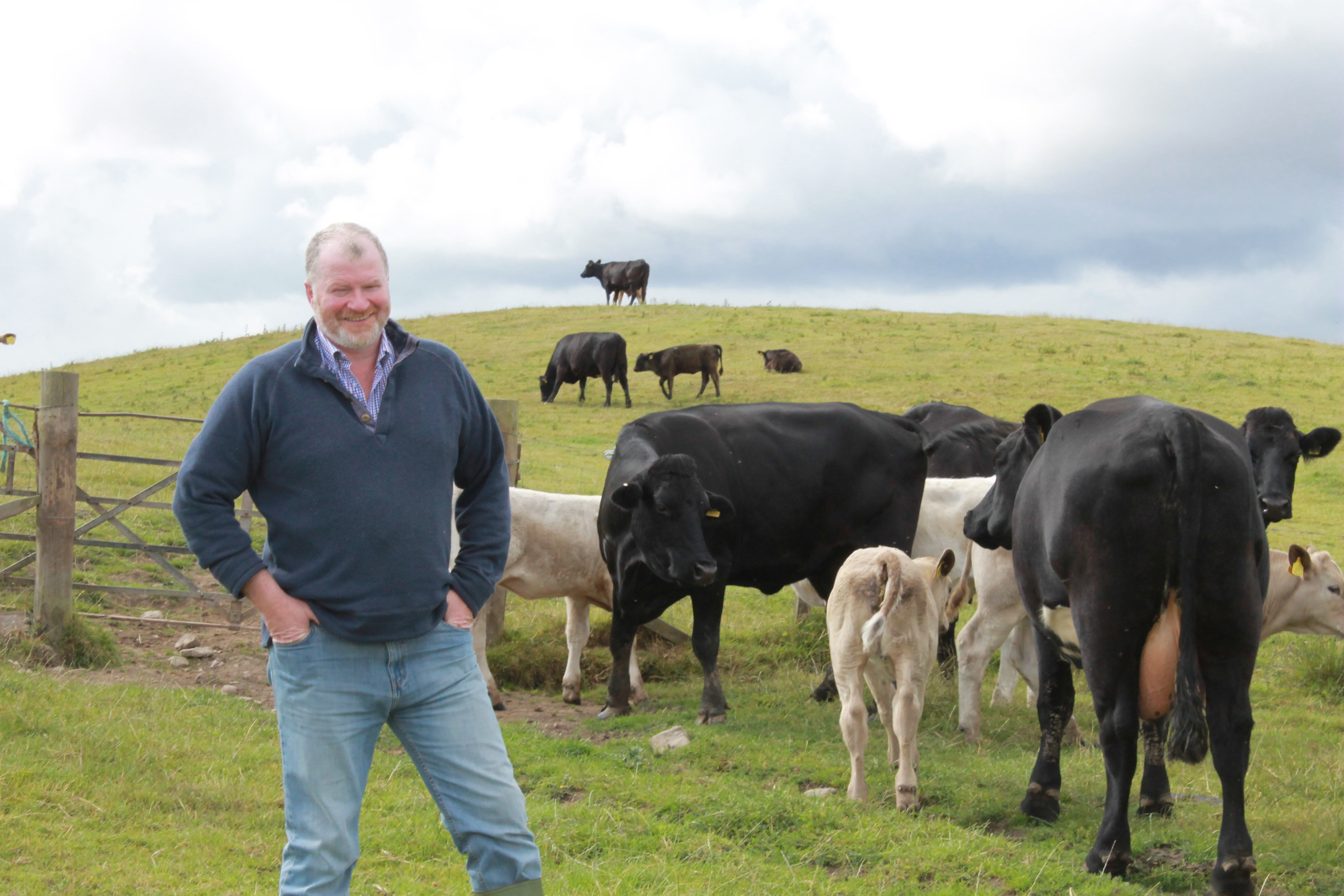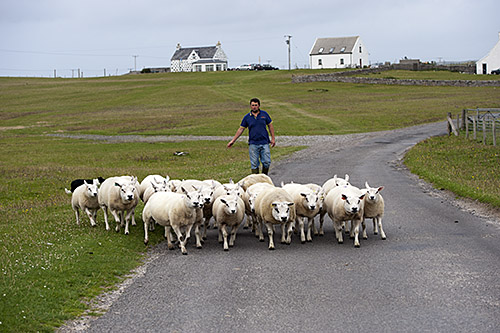Jan 13 2022
Radical policy shift gives Crown Estate Scotland’s tenants an opportunity to buy farms
News Release
Scottish Tenant Farmers Association
12th January 2022
Radical policy shift gives Crown Estate Scotland’s tenants an opportunity to buy farms
Crown Estate Scotland, which manages about 30,000 ha of tenanted land over four estates, has been consulting on a pilot initiative to offer secure tenants on two estates the opportunity to purchase their farms.
Crown Estate Scotland’s Corporate Plan for 2020 to 2023 commits to raising capital through asset sales for reinvestment, some of which will come from farm sales, and they have sought to take the interests of tenant farmers and local communities into account while developing their farm sales policy.
The pilot farm sale initiative is being offered to secure tenants on Applegirth Estate in Dumfriesshire and Auchindoon Estate in Moray, and if successful may be extended to the other estates.
Eligible tenants on Applegirth and Auchindoun Estates will be asked to express an interest in either:
a) Purchasing the farm at an agreed price;
b)Relinquishing their tenancy for value along the lines set out in the Land Reform Act 2016;
c)Joint sale of the farm to a third party on an agreed share basis;
d) Maintain the status quo, with the tenant remaining as before with the Crown Estate as landlords.
Christopher Nicholson, STFA chairman, said: “Crown Estate Scotland is making history as the first large scale landlord to give tenants such an open range of voluntary options following detailed consultation with tenants and their representatives including STFA and STFA agents Tom Oates and Hamish Lean.”
Tenant representatives from all four of the Crown rural estates have also had the opportunity to discuss the farm sale initiative with Mairi McAllan MSP, Minister for the Environment and Land Reform with responsibility for Crown Estate, during a visit to Glenlivet Estate.
Christopher Nicholson added: “In general tenants are enthusiastic about the proposed farm sales and the opportunities they are to be offered. Some have expressed concerns about the future of a fragmented rural estate following farm sales, especially if the majority of remaining tenants are non-secure tenants with fixed term leases. With the obvious pressures from forestry, fixed term tenants are concerned about their future when the time comes to negotiate new leases to continue farming their holdings. However, reassurances have been given to tenants that Crown Estate Scotland will continue to act as a responsible landlord fulfilling its statutory and traditional obligations to its tenants whatever the type of lease.
If this farms sales pilot initiative is successful on Applegirth and Auchindoun Estates, Crown Estate Scotland may decide to roll out similar policy across their remaining rural estate, offering more tenants similar opportunities in the future.
In the meantime, whatever choice tenants on Applegirth and Auchindoun make, STFA strongly recommends they take good professional advice, particularly in the negotiation of the purchase price or in agreeing a settlement for relinquishing the tenancy.”
For further information contact:
Christopher Nicholson, 07730 940193
Douglas Bell, 07803 222376









